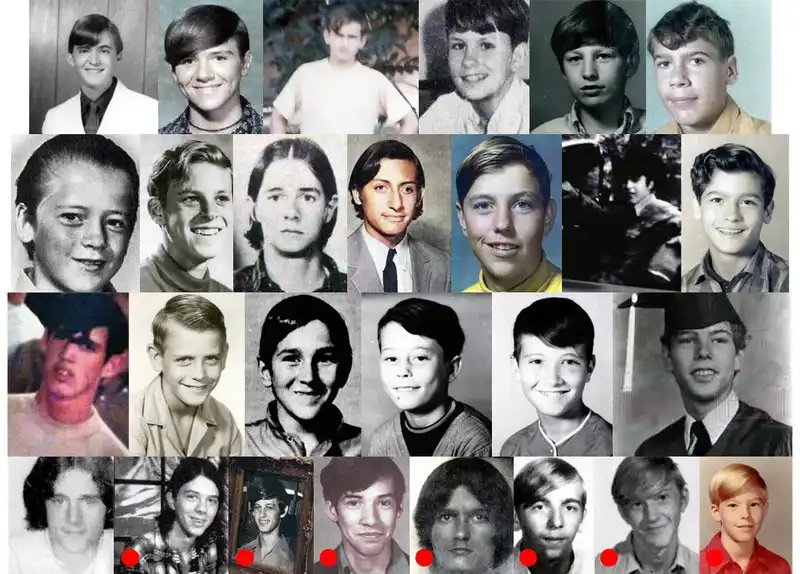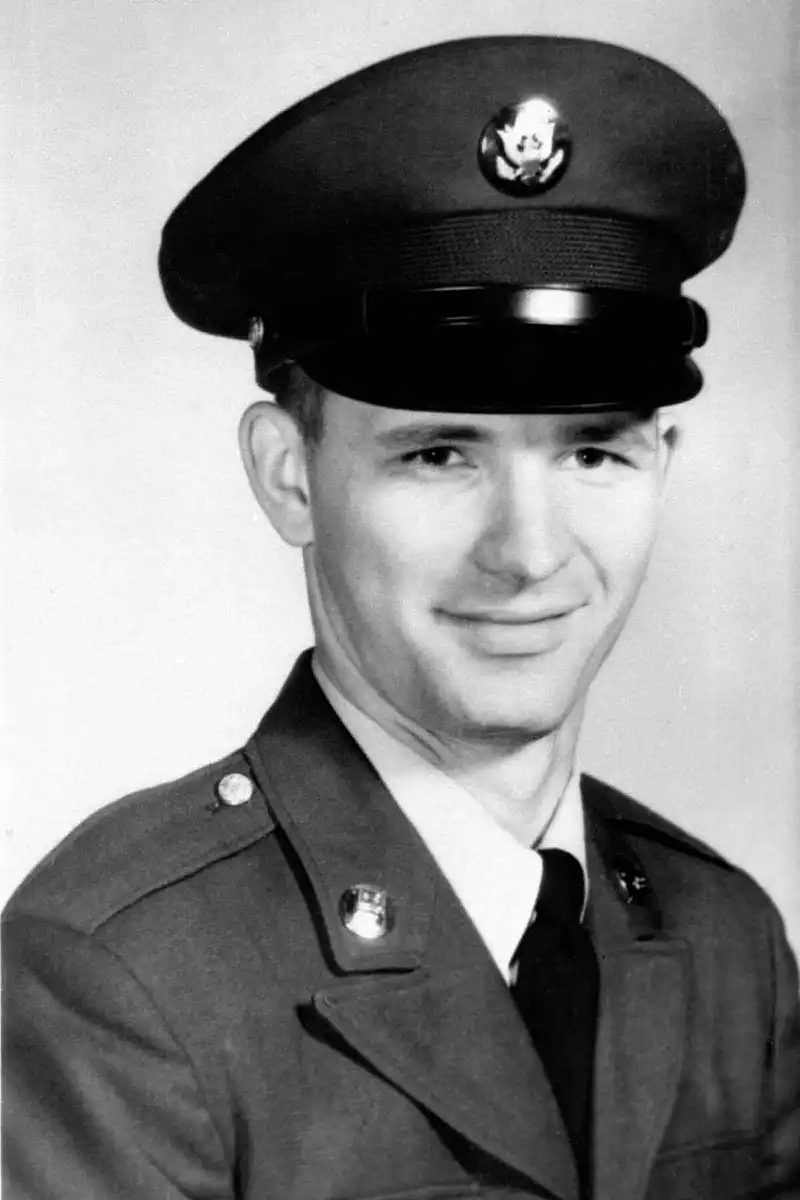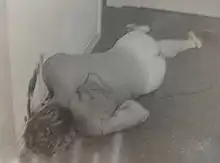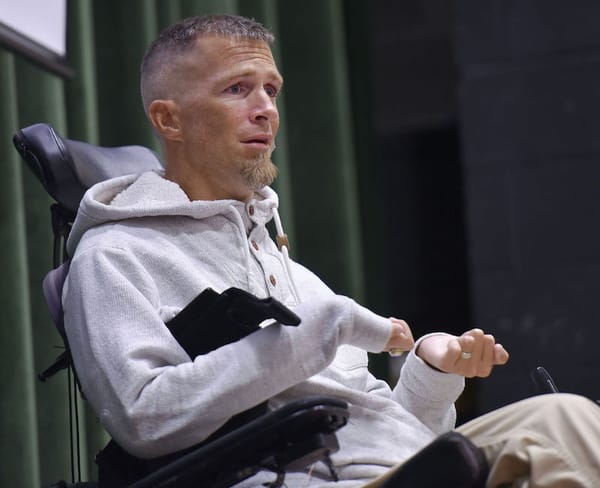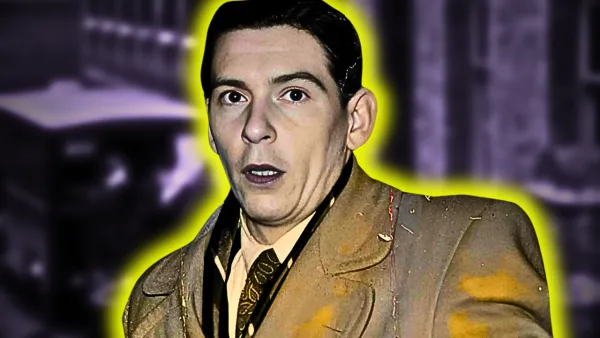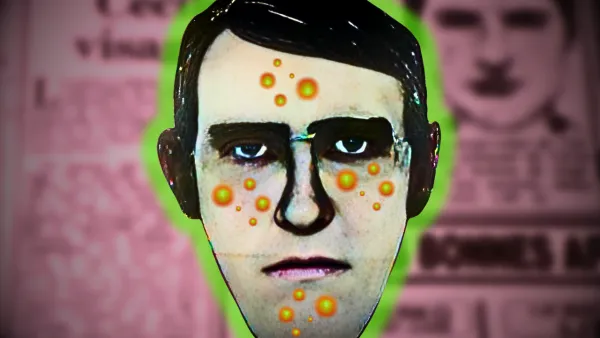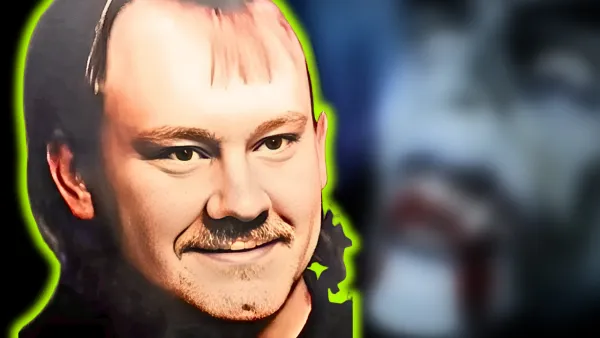The 'Girl On the Torture Bed' and The Killing of a Serial Killer

“Rhonda felt the air escape from her lungs and wanted to scream in agony, but her mouth was gagged so tightly that she could barely move her lips.” — The Candy Cards, author Robert Brown
Rhonda Williams is a name that is synonymous with one of the most heinous crimes in American history. She is a survivor of the infamous Dean Corll, also known as the Candy Man. The story of Rhonda Williams is one of tragedy and triumph, as she endured horrific abuse at the hands of one of the most notorious serial killers in history and went on to become a beacon of hope for other survivors.
Born in Houston, Texas in 1962, Williams was the second youngest of eight siblings and grew up in a large, impoverished family. Williams’ childhood was marred by poverty and dysfunction.
“My daddy didn’t want me. It wasn’t that I was bad. I wasn’t wanted.” — Rhonda Williams
Her father was an abusive alcoholic who frequently beat her and her siblings. Her mother was mentally ill and was often unable to care for her children. As a result, Williams and her siblings were forced to fend for themselves from a young age.
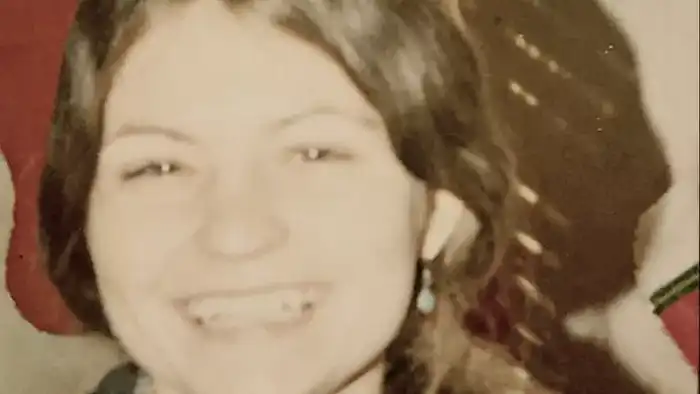
Growing up, Williams had a difficult time in school. She was often bullied and ostracized by her peers, which only exacerbated her feelings of isolation and insecurity. As a teenage girl, she struggled with depression and anxiety, and she often felt like she didn’t belong anywhere.
Rhonda’s bedroom wasn’t always a bedroom — back then, it had a gas-jet stove. She can’t recall where she got the idea, but she strapped a Styrofoam cup to her face with a rubber band and ran a hose from the cup to the stove. She had waited until she was alone in the house to do it, but her plan was foiled when she heard her dad pull into the driveway. She never tried it again. — Houston Press
Bad ‘Candy’ Apple
It was during this time that Williams met Dean Corll. Corll was a well-known figure in the Houston community, known for his generous nature and love of children. He owned a candy factory and would often give free candy to children in the neighborhood. Williams was one of the many children who frequented Corll’s candy store.
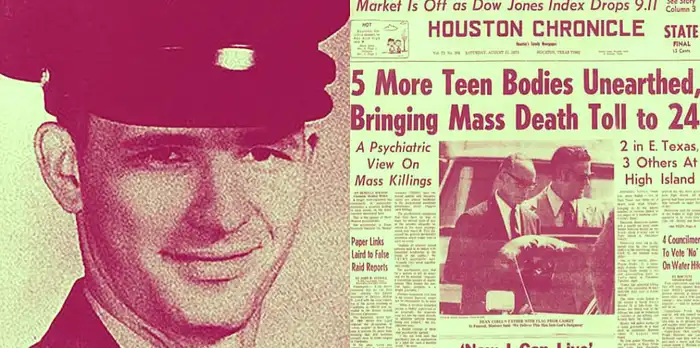
At first, Corll seemed like a friendly and caring adult. He would often give Williams and her friends rides home from the candy store and would offer them money for doing odd jobs around his factory. Williams and her friends saw Corll as a kind of father figure, someone who cared about them and wanted to help them.
However, as Williams would soon discover, Corll was not the kind and caring man he appeared to be. In reality, he was a sadistic serial killer who preyed on young boys. Corll had a network of accomplices, including two teenage boys named David Brooks and Elmer Wayne Henley, who helped him lure victims to his home.
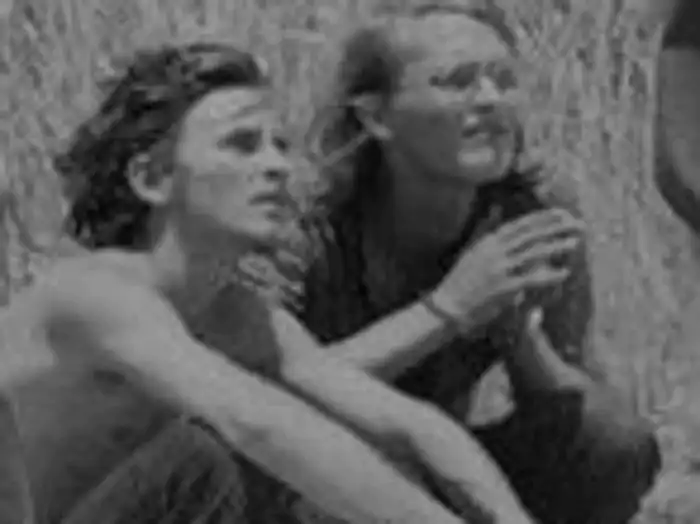
Williams was just 15 years old when she was lured to Corll’s home by one of his accomplices where she was drugged, bound, and raped.
At one point Dean Corll began kicking Rhonda (only 14 years old at the time) in her stomach while she was tied, bound, and gagged.
From The Candy Cards, “Rhonda felt the air escape from her lungs and wanted to scream in agony, but her mouth was gagged so tightly that she could barely move her lips.”
Corll then ordered Henley to rape Rhonda, but he couldn’t bring himself to force himself on her.
“I couldn’t see Wayne hurting me. I just trusted him.” — Rhonda Williams ABC13
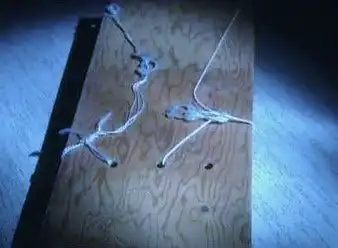
Unlikely Savior
Dean Corll himself was not brought to justice for his crimes. He was killed by one of his accomplices, Elmer Wayne Henley, in August 1973 in his home at 2020 Lamar Drive. Henley had become disillusioned with Corll’s sadistic behavior and decided to put an end to his reign of terror. He shot Corll six times and called the police to confess to the murders.
“Dean stood up and I saw him change into a different person,” Kerley said. “There was somebody inside him and it wasn’t him. It was a spirit from hell.” — Houston Press
Williams’ story is a testament to the resilience of the human spirit. Despite enduring unimaginable horrors, she was able to rise above her trauma and use her experience to help others.
